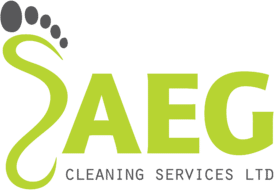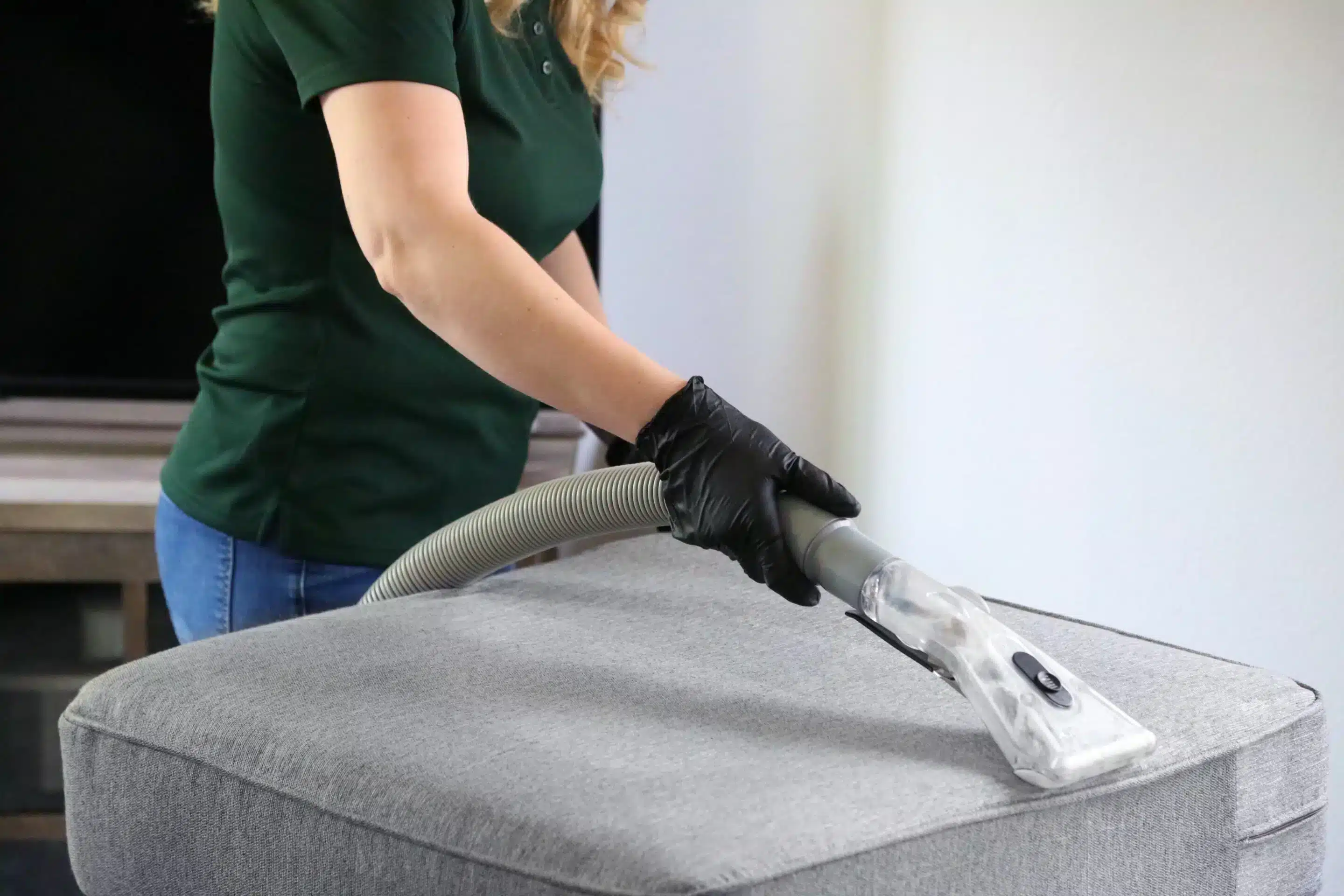Hygiene Poverty: How Businesses Can Help
In an era marked by technological advancements and global progress, it’s disheartening to confront a pervasive issue that often remains hidden in the shadows – “Hygiene Poverty.” At AEG Cleaning Service, we believe that access to proper hygiene should be a fundamental human right, not a luxury. In this article, we shed light on the alarming prevalence of hygiene poverty, its far-reaching consequences, and our unwavering commitment to being a part of the solution. Join us as we embark on a journey to create a cleaner, safer, and more equitable future for all.
Hygiene and being hygienic is the basic level of care that people need in order to feel clean and confident… and it should be accessible to one and all. However, a new report has just revealed that there are many people around the UK that are either locked in poverty or going through a crisis of some kind that means their hygiene options are restricted.
As the cost of living crisis grows around us and as poverty rates increase across the country, households everywhere are starting to feel even more pressure, with hygiene poverty now found to affect around 3,150,000 adults in the UK – which represents six per cent of the population.
Carried out by The Hygiene Bank, the study revealed that the baseline rises significantly for disabled people or those with long-term health conditions, while people from lower income households, younger demographics and people from ethnic minority backgrounds are at greater risk of hygiene poverty.
Hygiene poverty was also identified in the research as being a barrier to both employment and education. Many of those asked said they had avoided going to a job interview or avoided going to work because of hygiene concerns.
The cost of living crisis and the pandemic were both cited as being influencing factors for the prevalence of hygiene poverty. Cutting back in spending has seen 49 per cent of people go without razors or shaving products, while 42 per cent said they have had to go without household cleaning products or laundry detergent.
Furthermore, 39 per cent said they had to go without deodorant and a quarter had to go without soap or shower gel, or toilet paper.
Lizzy Hall, founder of The Hygiene Bank, said: “With poverty rates rising and the cost-of-living crisis putting more and more pressure on households in the UK.
“Everyone has a role to play in turning the tide against hygiene poverty. Communities, businesses and thought leaders must all work together to address the injustice of hygiene poverty and advocate for a fairer society, one where we all have access to the basics needed to keep clean and healthy.”
Businesses can help tackle the problem by raising awareness and seeing what changes they can drive internally, ensuring that they’re paying their employees a fair wage and having regular check-ins with staff to ensure that they’re ok.
Providing sanitary items for employees could go some way to providing people with support without drawing attention to anyone’s specific circumstances.
Positioning hand sanitiser strategically throughout the site or providing people with their own bottles could help, as could ensuring a steady supply of deodorant, soap and other personal hygiene products in staff bathrooms.
Product drives where staff bring in items and they’re then donated to The Hygiene Bank could also help support the organisation’s cause.
Looking for London cleaning specialists right now? Get in touch with AEG Cleaning today.
If you want to avail this service and other services like carpet cleaning, upholstery cleaning, home cleaning, landlords & Airbnb, and office cleaning. You can book with us now!












